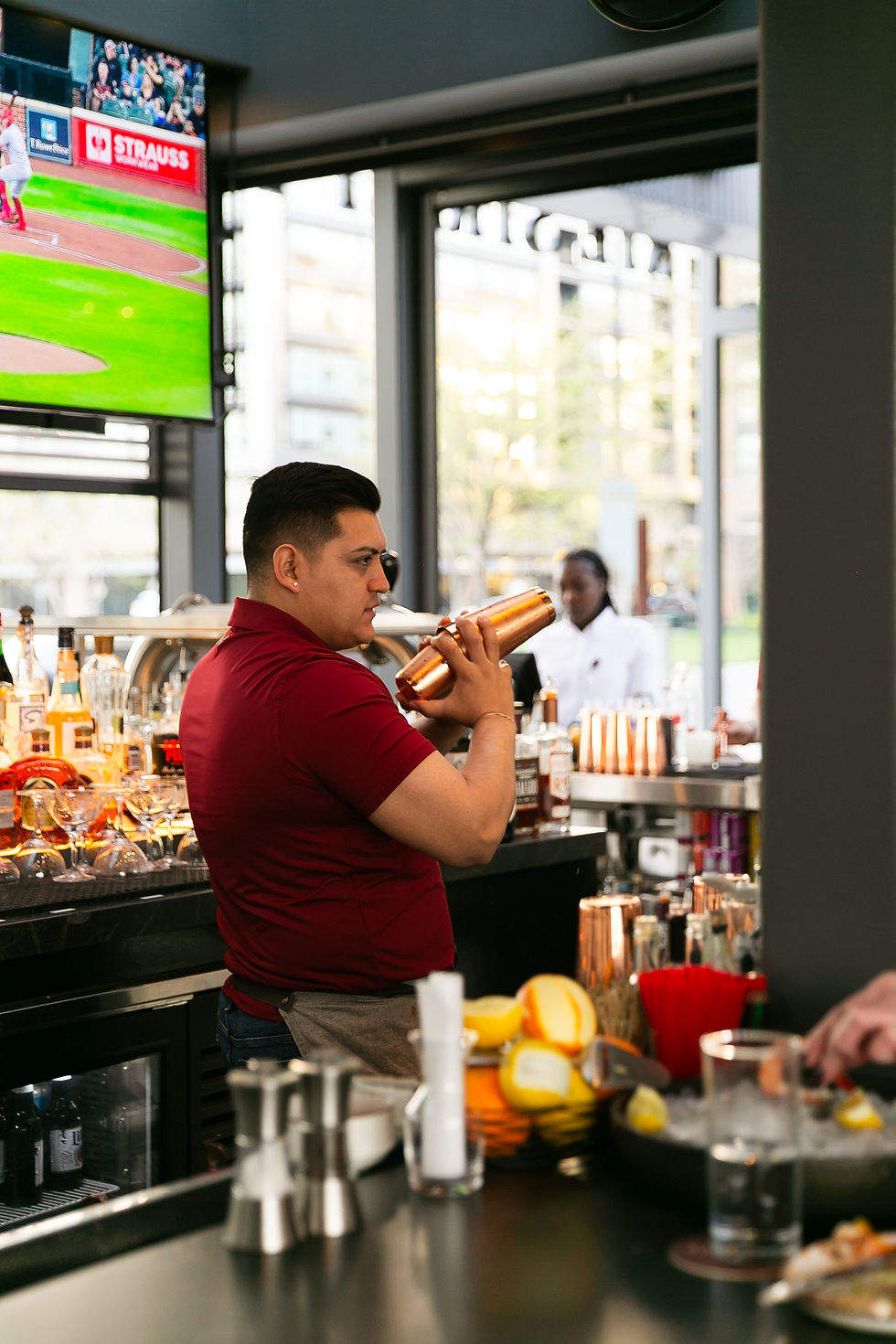
D.C.'s Cautionary Tale
D.C. began phasing out its tip credit in May 2023 after passage of a 2022 ballot initiative (I-82). The ballot initiative was pushed by the same out-of-state activist group that is behind the Baltimore City bill.
It has been widely reported that more than 1,700 full-service restaurant workers in D.C. lost their jobs in the first year of phasing out the tip credit there, and a record number of restaurants closed (74 in 2024).
According to the Restaurant Association of Metropolitan Washington:
-
44% of D.C.’s full-service casual restaurants expect to close in 2025 (59 restaurants have closed so far this year).
-
50% of workers have seen a reduction in their tips, and 71% of workers indicated that their hours have been reduced.
-
70% of restaurants have cut hours, laid off staff, or stopped hiring entirely to reduce costs.
-
In a recent poll, a third of likely D.C. voters (33.4%) said they are dining out less since D.C. began phasing out the tip credit. More than half (51.5%) have noticed higher menu prices, and 56% have seen additional service charges.
-
Poll results show that a majority of D.C. voters did not fully understand how phasing out the tip credit would impact restaurant workers and menu prices when they voted for the ballot initiative in 2022.

How the Tip
Credit Works
Learn how the tip credit works, why it’s not a “subminimum wage,” and how it benefits tipped workers, restaurants, and customers.
What Losing the Tip Credit Could Mean for Baltimore Restaurants
This legislation would more than quadruple labor costs for full-service restaurants, many of which are family-owned and already operating on razor-thin margins. This would add to other operational challenges.
-
Many Baltimore restaurants still haven’t recovered from COVID.
-
Storefronts remain vacant across the City.
-
Lunch and happy-hour business in the City remains low as many office employees continue to work remotely.
-
Many City restaurants are absorbing some of the skyrocketing food costs to keep menu prices affordable for the communities they serve.
-
Owners would be forced to cut staff or reduce work hours, both of which would hurt the very people this bill claims to protect.
Despite the claims of out-of-state activists, servers do not work for “subminimum wages.”
-
Most tipped workers earn far more than minimum wage.
-
Employers are legally required to make up any difference if tips plus base wages fall short of the minimum wage for the workweek.
-
Eliminating the tip credit would force most restaurants to add mandatory service charges to cover quadrupled labor costs.
-
Tips for servers would be dramatically reduced because customers do not usually tip on top of service charges.
The Consequence: Servers would earn a higher base wage but would lose out on the tips that make their jobs so rewarding. That’s why the vast majority of servers oppose this bill.
-









